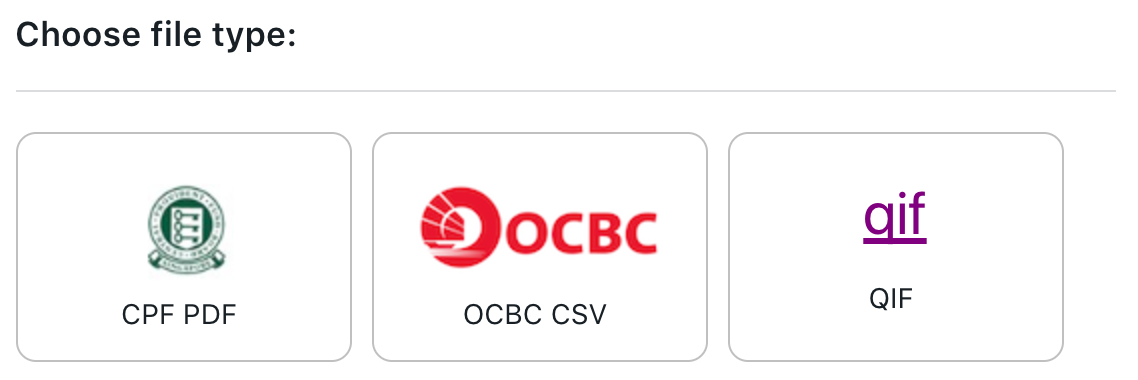Local Extensions
You can have extensions that are just local to your computer.
This is useful while you're developing extensions or if you just want to run extensions that are not in the Prudent extension repository.
The executable extension
To run an extension that you'd developed from Prudent, you'll need to first create make an executable. For Node.js developers, this is simply a file that looks like this (following from our qif parser example):
#!/usr/bin/env node
require('./qif.js'); //This points to the main file of jour extension
You can place this anywhere but it will be nice to have this along with your main file (and of course, the path you specify in require will need to be correct too).
Remember to make the file an executable. For example, if we save the above as qif:
$ chmod +x qif
If you decide to share your extension code with others on Github or etc., they will be able to install your extension easily by creating a link to a cloned cloned local repository (similar to next step).
Linking from extensions directory
To let Prudent know where your extension reside, you'll need to create a link from the following directory
$ cd ~/Library/Application Support/Prudent/Data/addons/extensions/import
$ ln -s [path_to_extension_executable]
With this, you should be able to see the extension listed in the import selection dialog:

